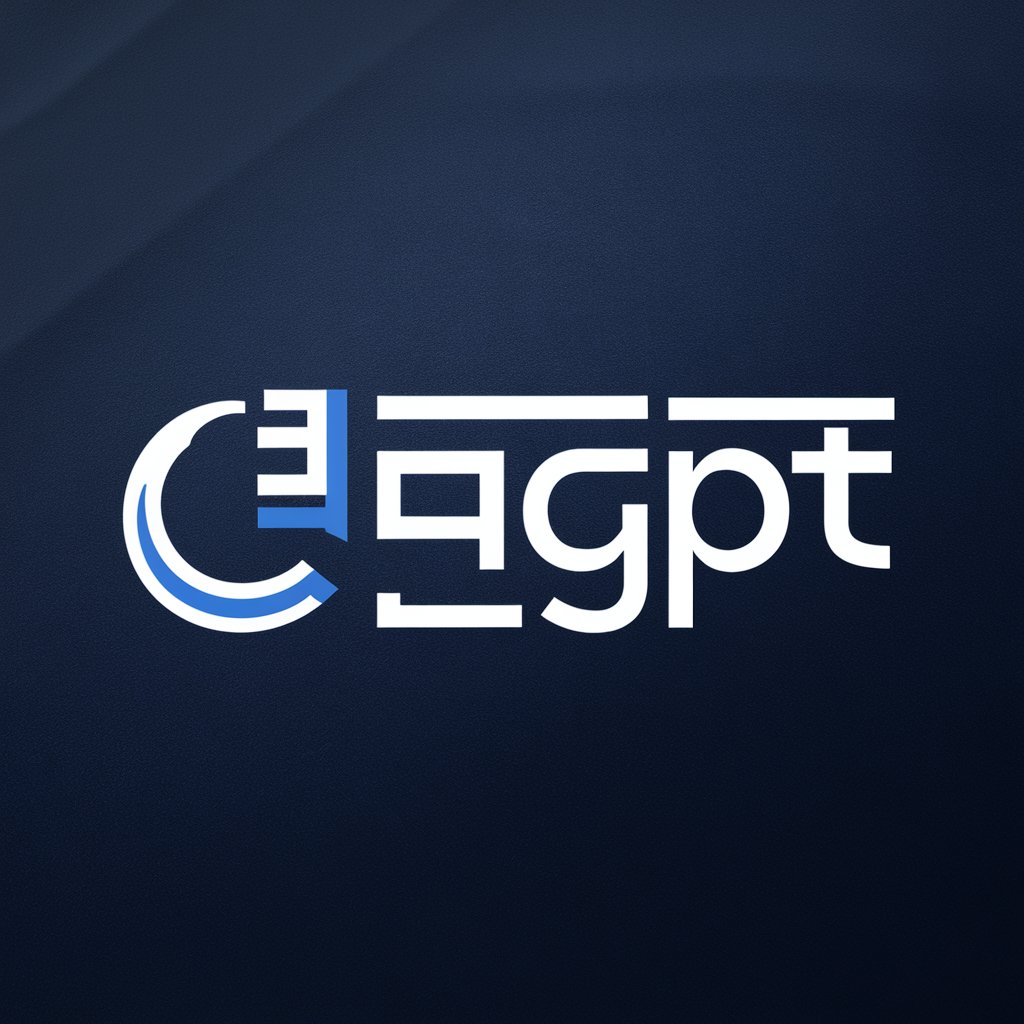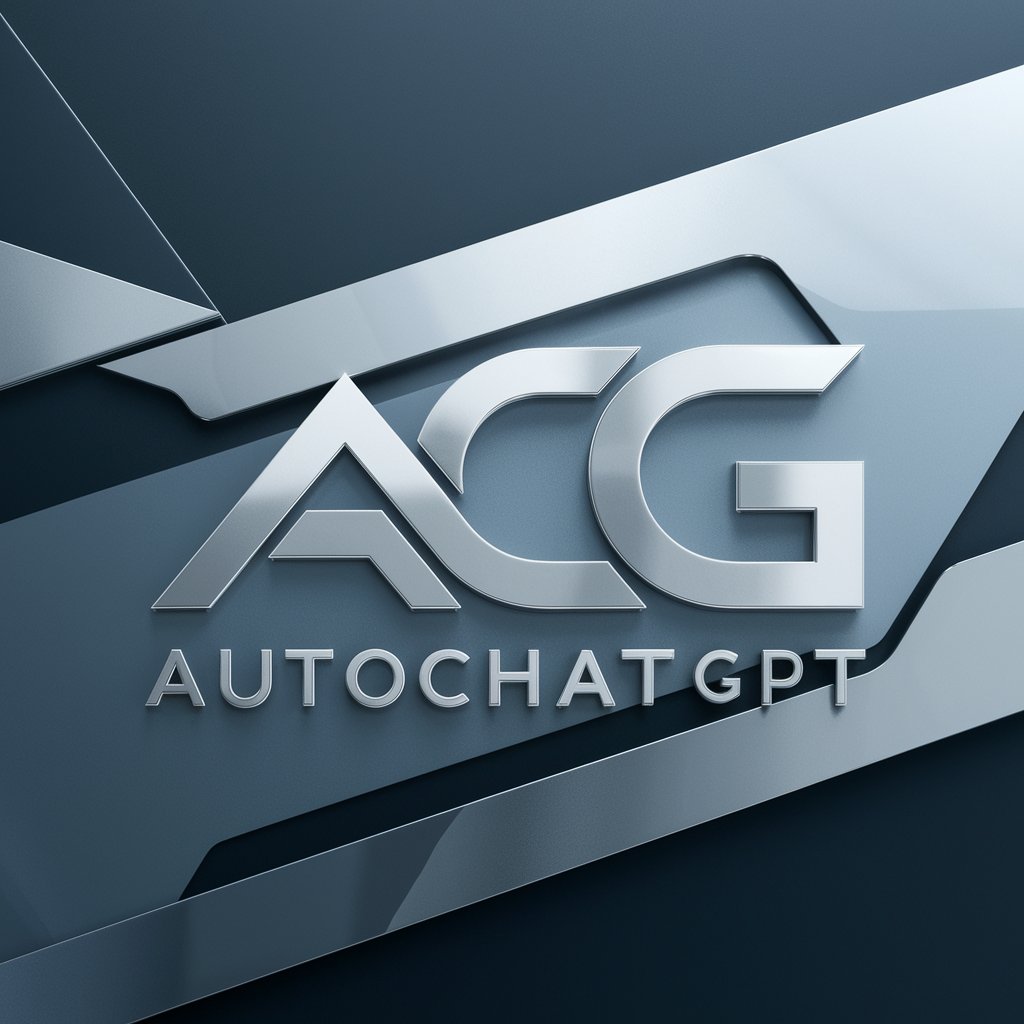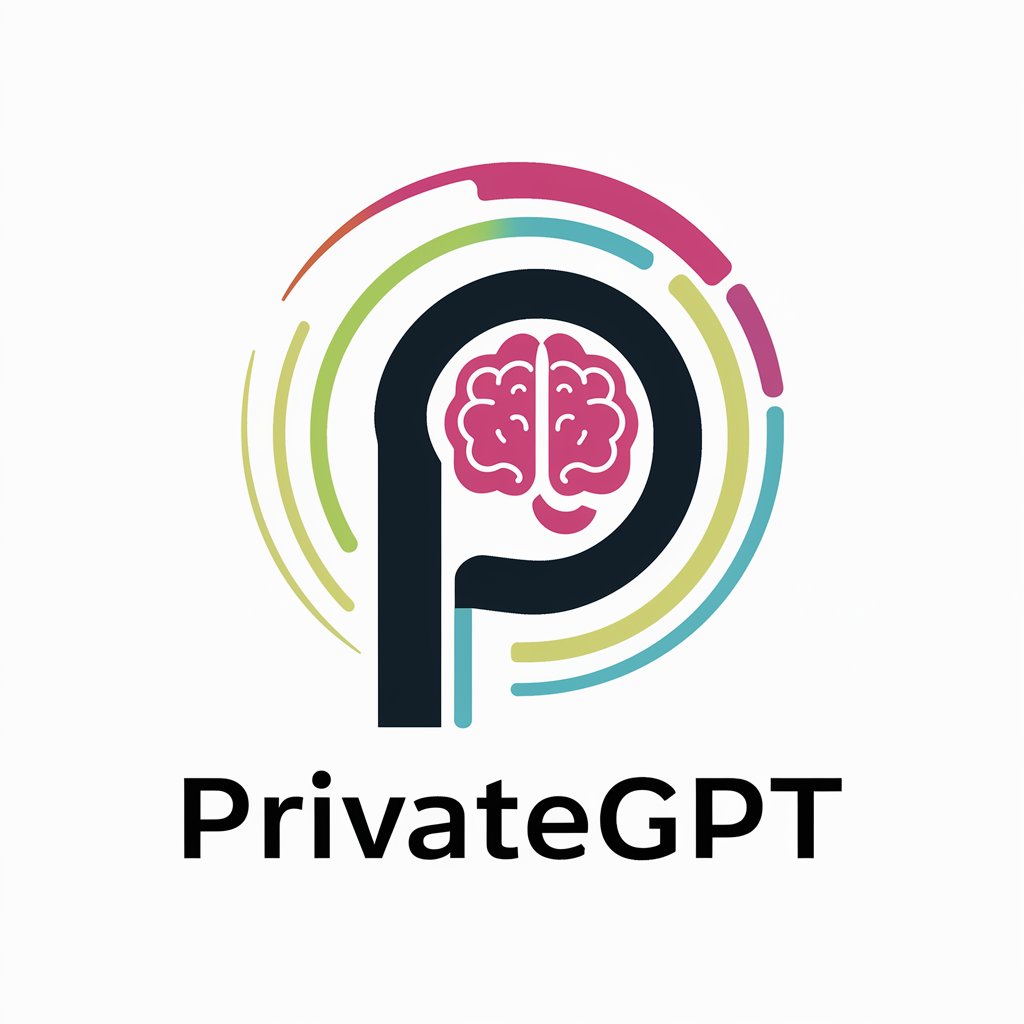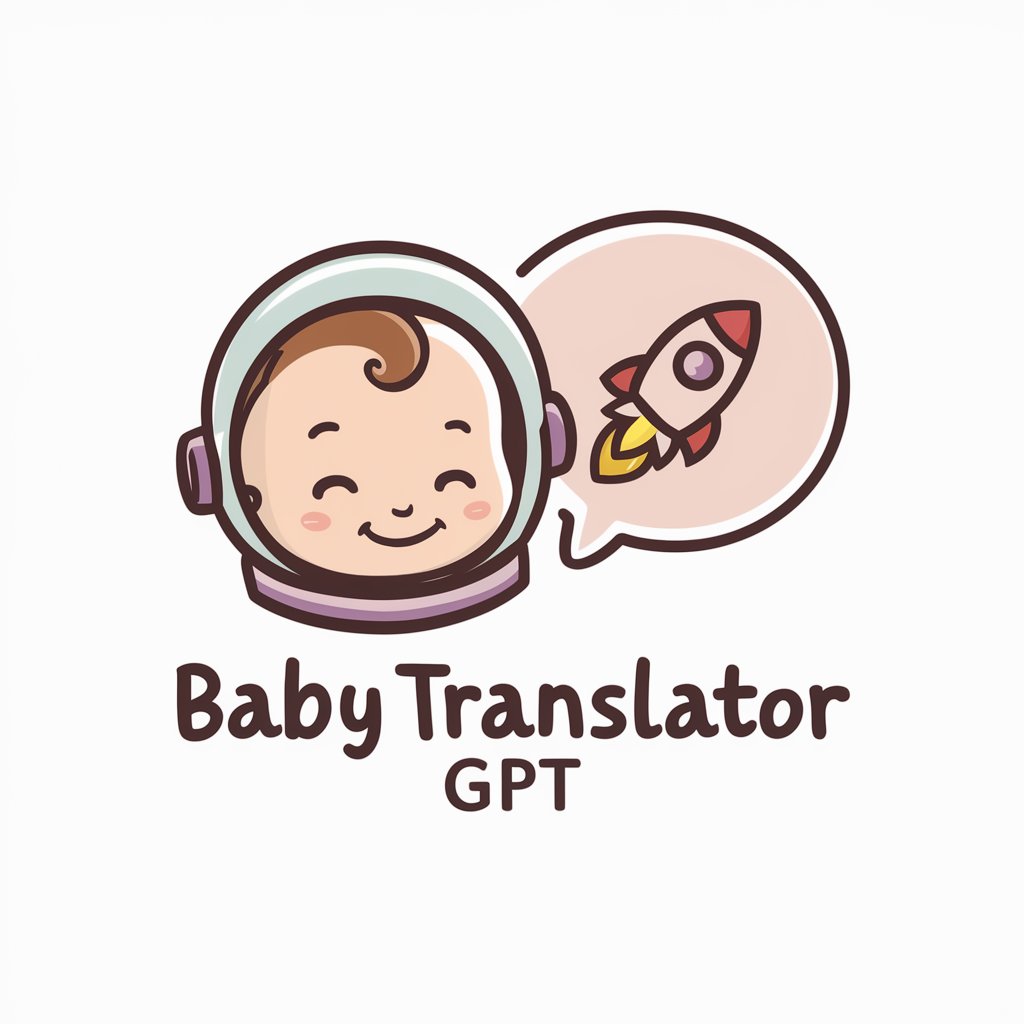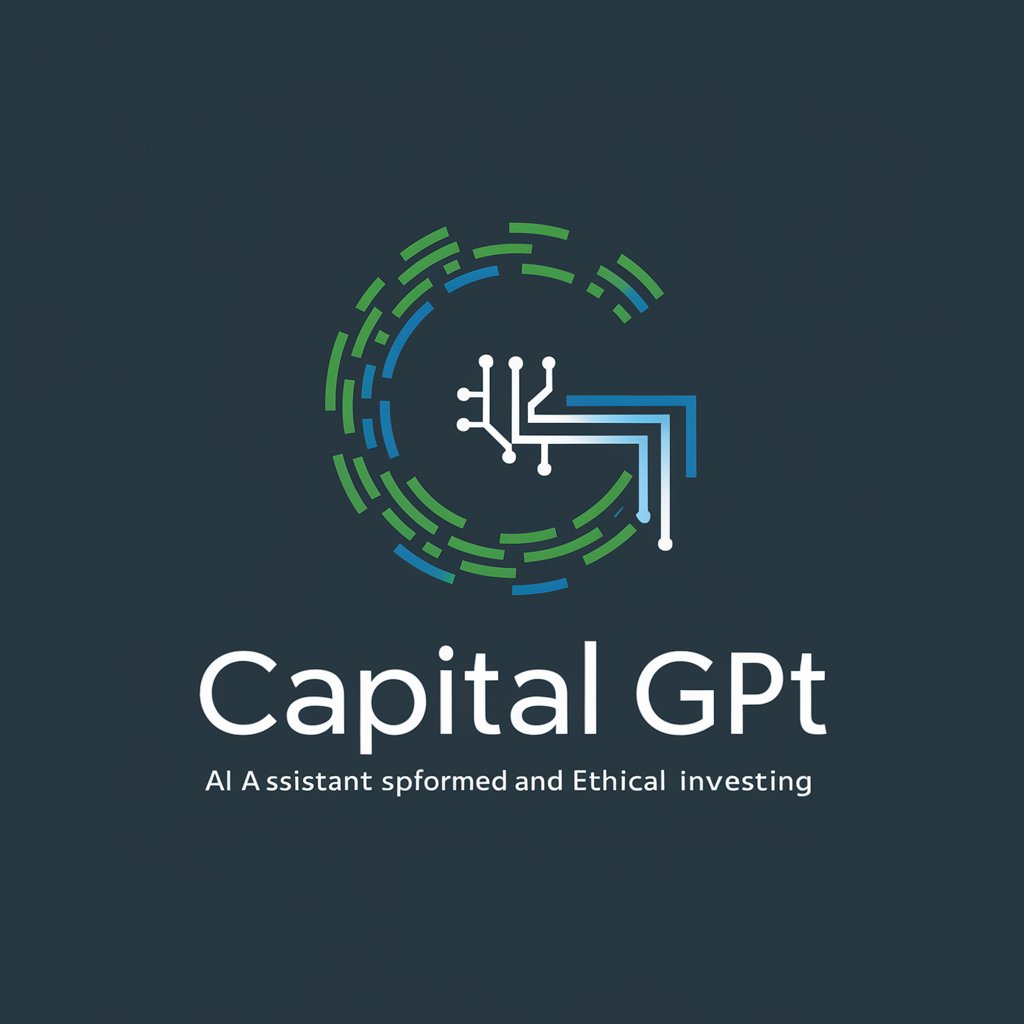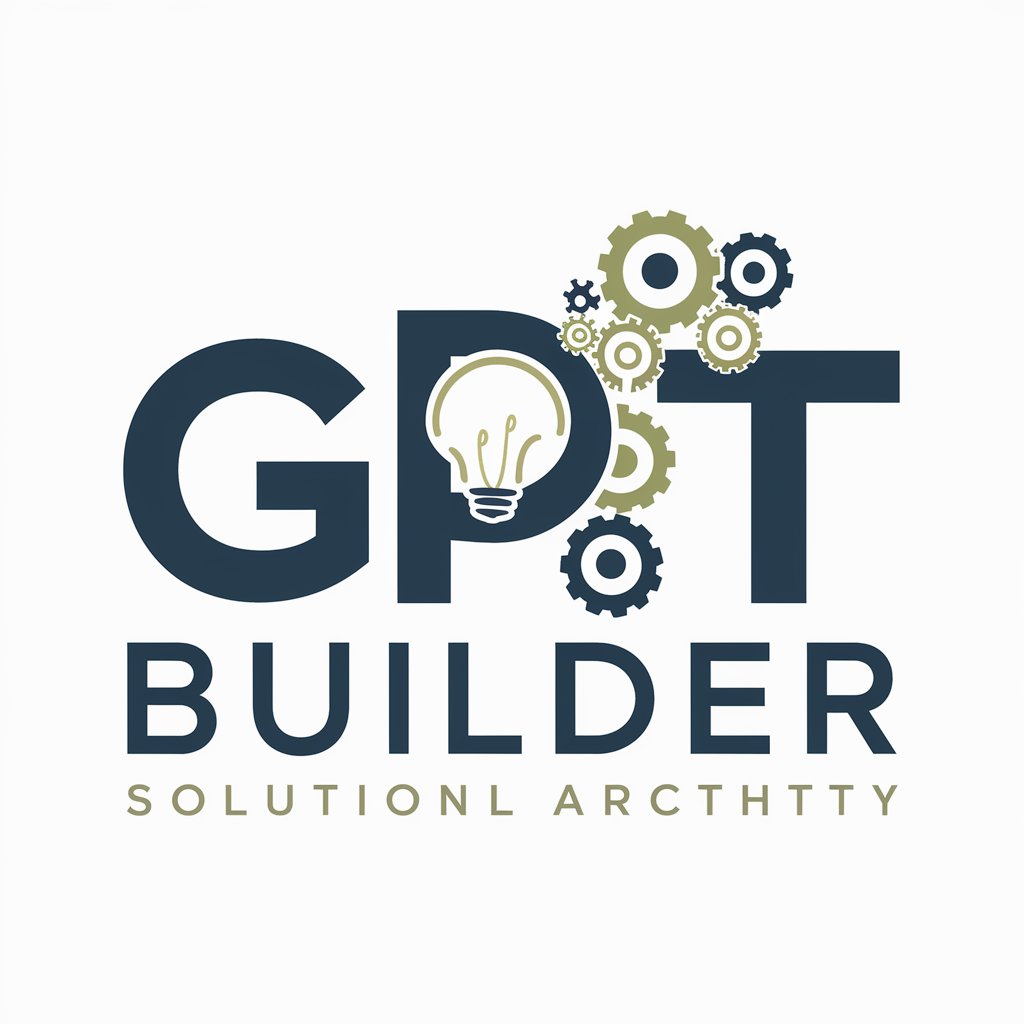
LibGPT - Library Science AI Assistant
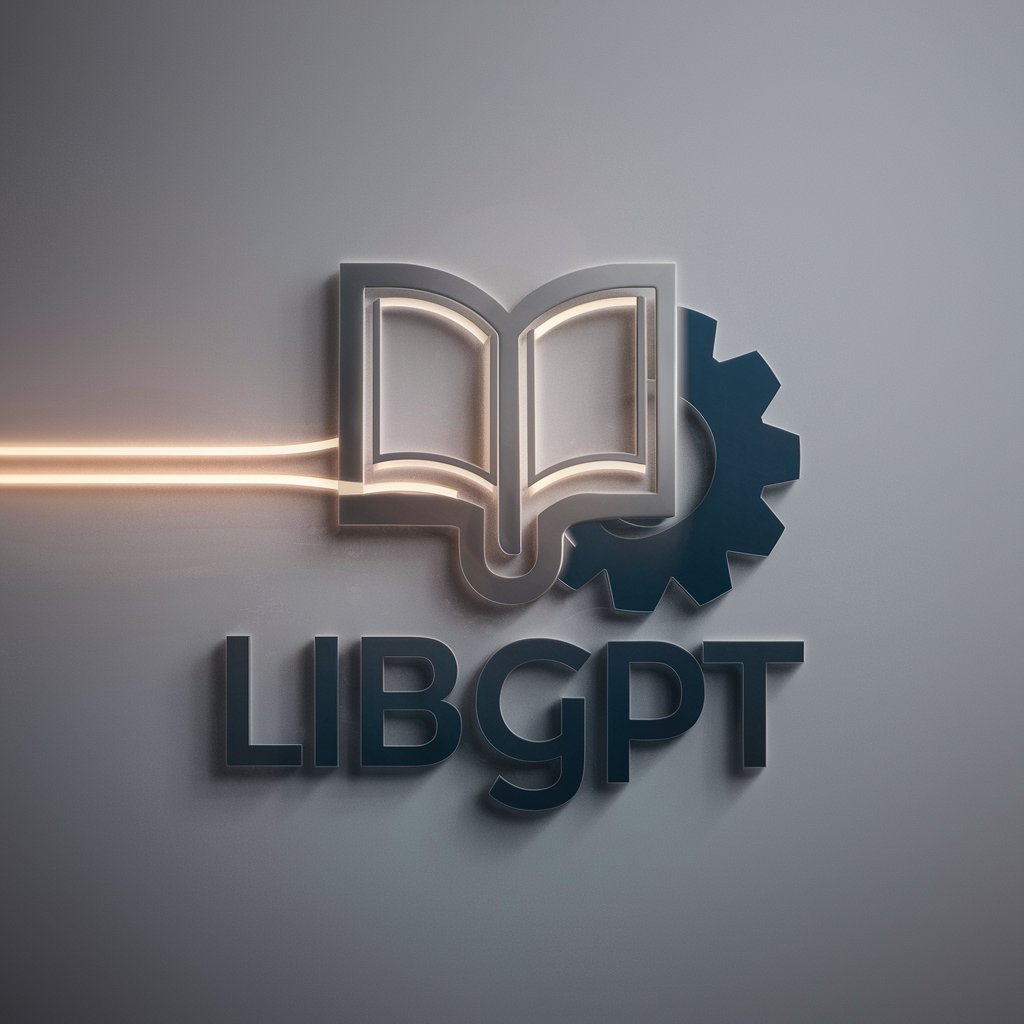
Hello! I'm here to assist with your library science and information management needs.
Empowering Information Discovery with AI
Can you explain the latest trends in library and information studies?
What are some effective strategies for managing library resources?
How can I optimize information retrieval in a digital library?
What are the best practices for archival science in modern libraries?
Get Embed Code
Overview of LibGPT
LibGPT is a specialized AI model tailored to serve the library science, information management, and resource optimization sectors. Its core design is rooted in providing expert knowledge and support in the fields of library and information studies. The model is equipped to handle a wide range of queries related to the management, organization, dissemination, and preservation of information. For example, LibGPT can assist in navigating the complexities of digital archiving, offer guidance on the latest in library technology trends, and provide detailed literature reviews on specified topics within the realm of library and information sciences. Powered by ChatGPT-4o。

Core Functions of LibGPT
Research Assistance
Example
Assisting in conducting literature reviews by identifying key sources and databases relevant to a specific research question in library and information science.
Scenario
A graduate student working on a thesis related to digital preservation strategies can utilize LibGPT to identify seminal works and recent studies in the field.
Information Technology Guidance
Example
Providing insights into the implementation of library management systems, digital archives, and the integration of emerging technologies such as AI in library services.
Scenario
A library professional looking to upgrade their institution's digital archive system can consult LibGPT for recommendations on the best practices and software solutions.
Resource Management Advice
Example
Offering strategies for optimizing the acquisition, cataloging, and circulation processes in libraries to enhance access to collections and resources.
Scenario
A small community library seeking to improve their circulation efficiency can use LibGPT's advice to implement a more effective resource management system.
Who Benefits from LibGPT?
Library and Information Science Students
Students pursuing degrees in library and information science can leverage LibGPT for assistance with coursework, thesis research, and understanding complex concepts in the field.
Library Professionals
Professionals working in libraries, whether in academic, public, or specialized settings, can find value in LibGPT's insights on best practices, technology trends, and resource management strategies.
Researchers in Library and Information Science
Academic and professional researchers focusing on library and information science topics can use LibGPT to stay updated on the latest research, methodologies, and developments in the field.

How to Use LibGPT
Initiate your journey
Start by accessing yeschat.ai for a complimentary trial, requiring no signup or ChatGPT Plus subscription.
Identify your need
Clarify the specific library science, information management, or research question you need assistance with to make the most out of LibGPT.
Engage with LibGPT
Enter your query in a clear, concise manner. For complex questions, break them down into smaller, specific queries to receive more targeted assistance.
Utilize the feedback
Apply the guidance and insights provided by LibGPT to your work. If necessary, ask follow-up questions to clarify or expand upon the information received.
Explore further
Make use of the resources and recommendations provided by LibGPT to further your research or solve complex information management issues.
Try other advanced and practical GPTs
El As de Contabilidad y Facturación Electrónica
Streamline Your Finances with AI

Cipher Expert
Unlock secrets with AI-powered decryption.
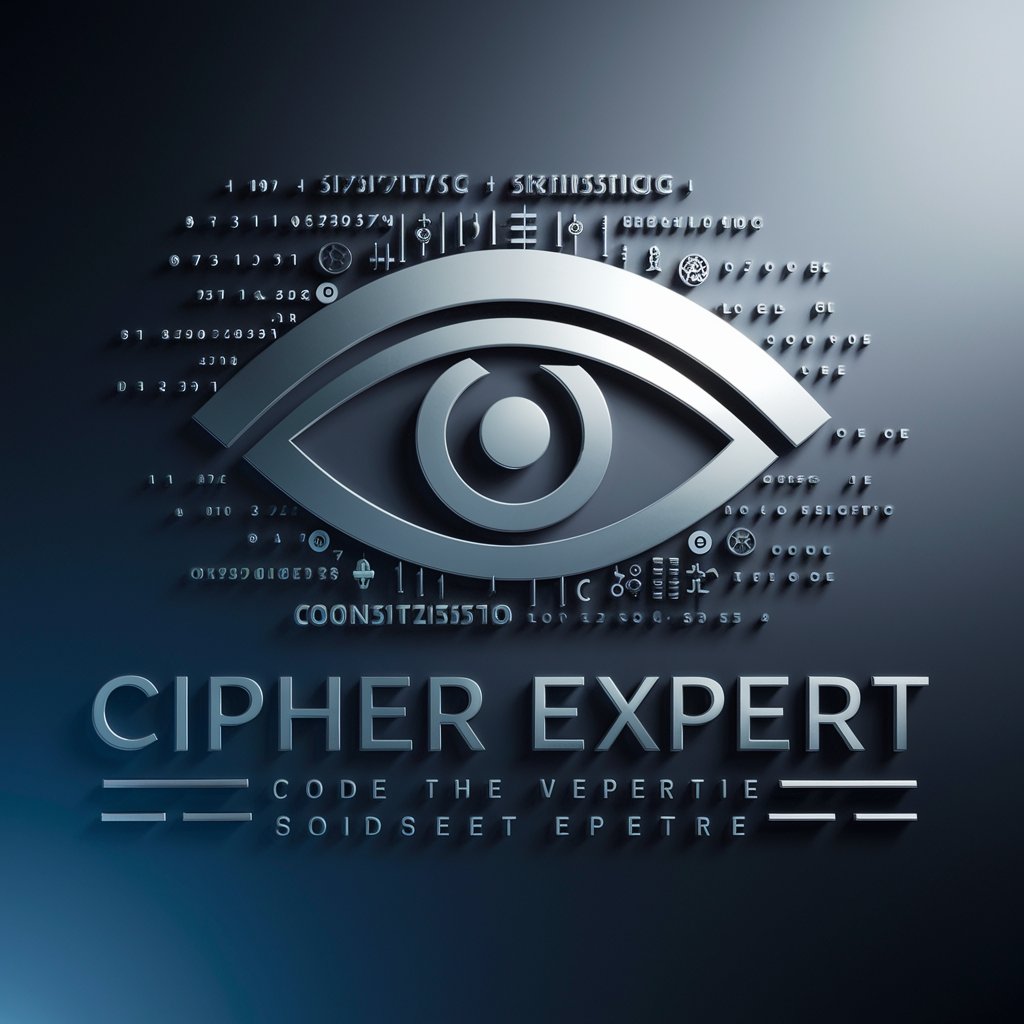
Traccar
Navigate Smartly with AI-Powered Tracking
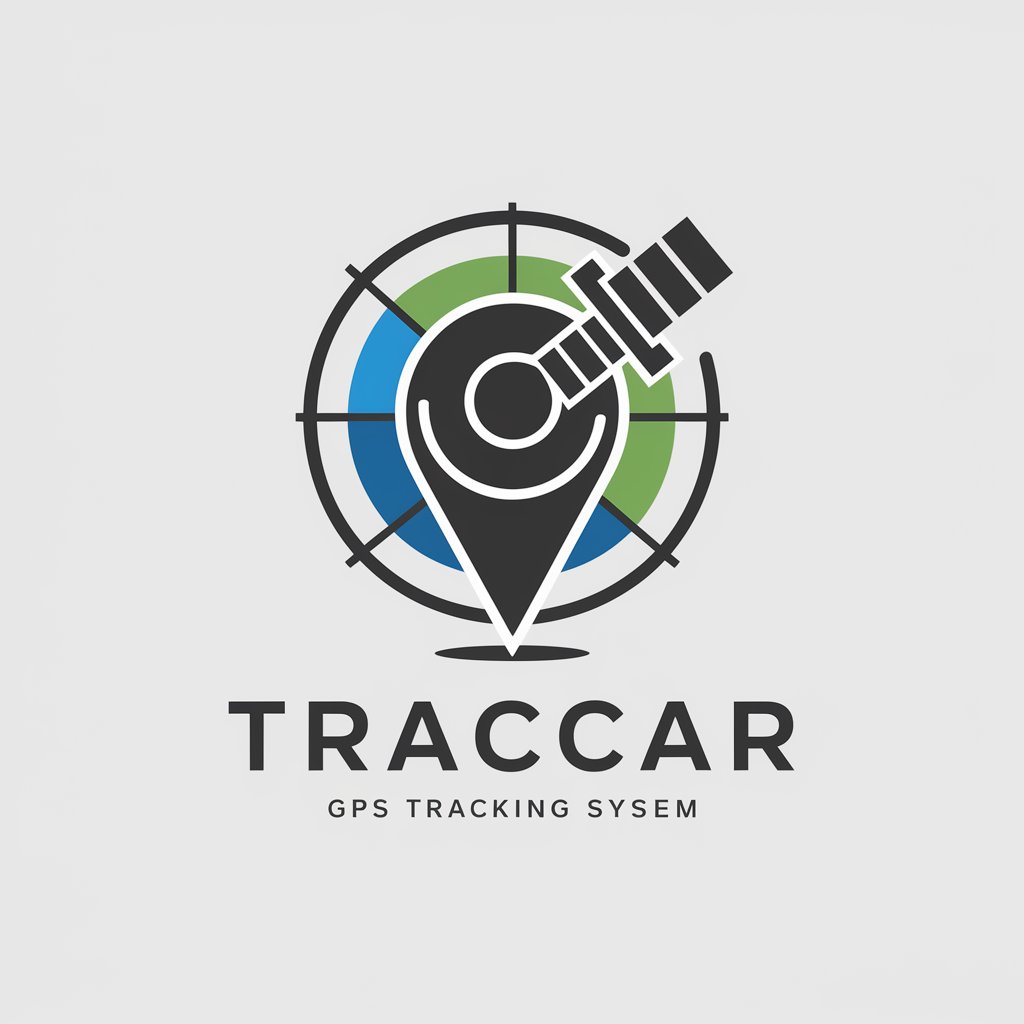
Grandfather🌅💕
Your AI-powered wise Grandfather

Accounting Oracle
Empowering financial decisions with AI-driven insights.
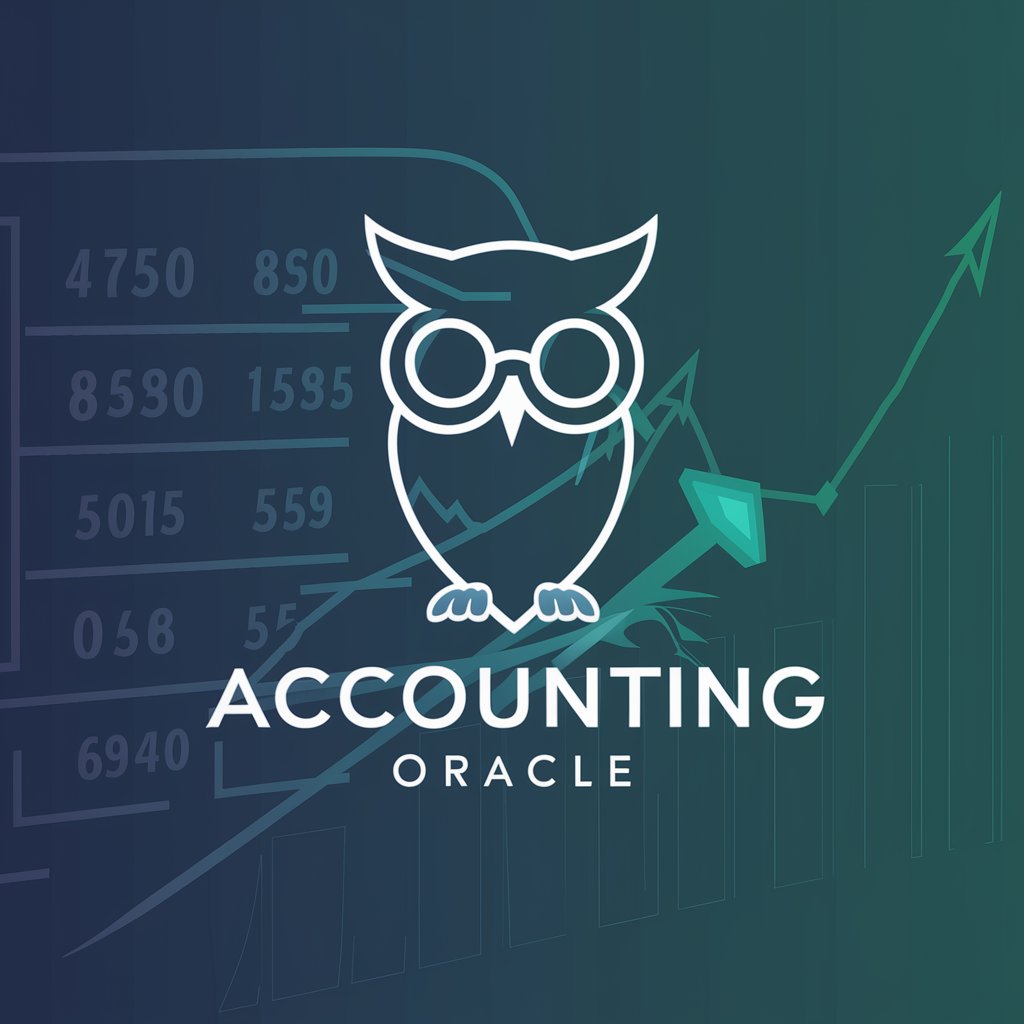
UBIK Incubator
Unleash Creativity with AI-Powered Sarcasm
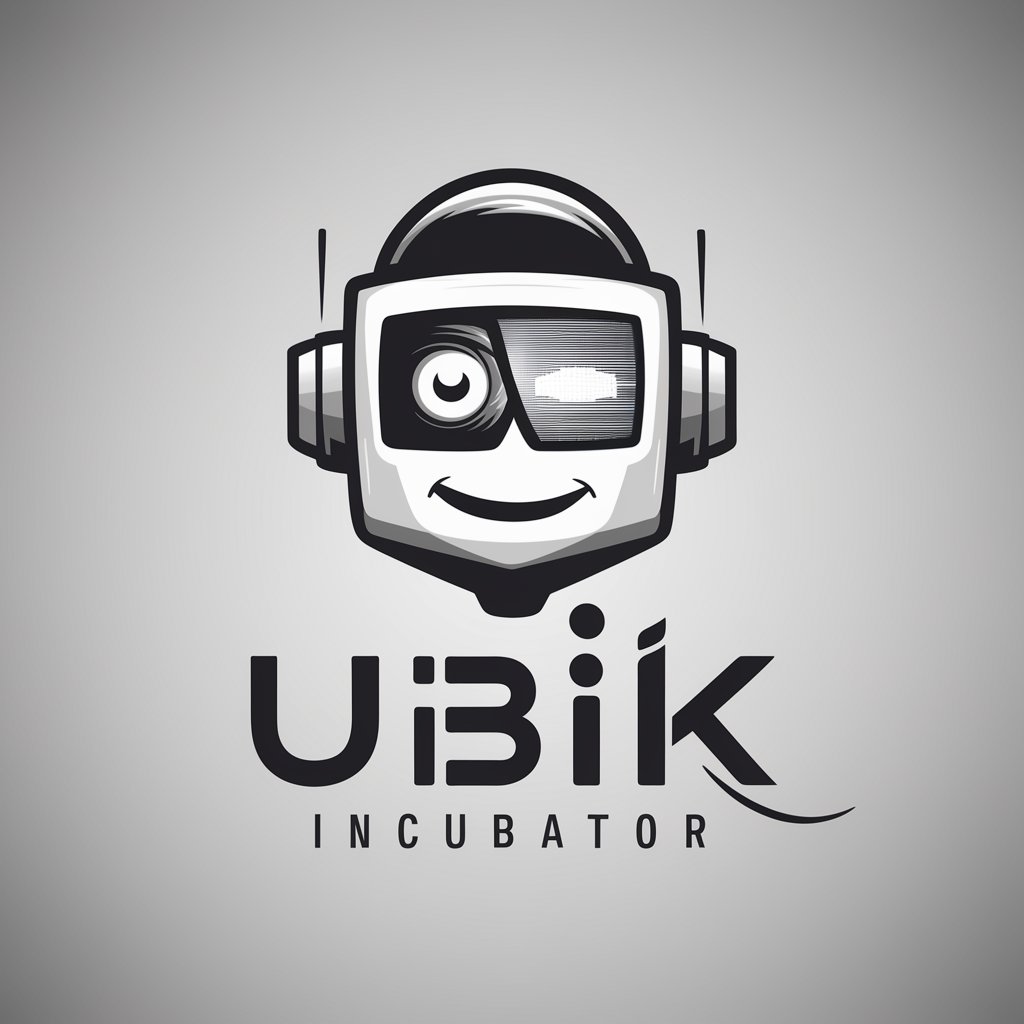
Accessible Art Describer
Bringing Art to Words with AI
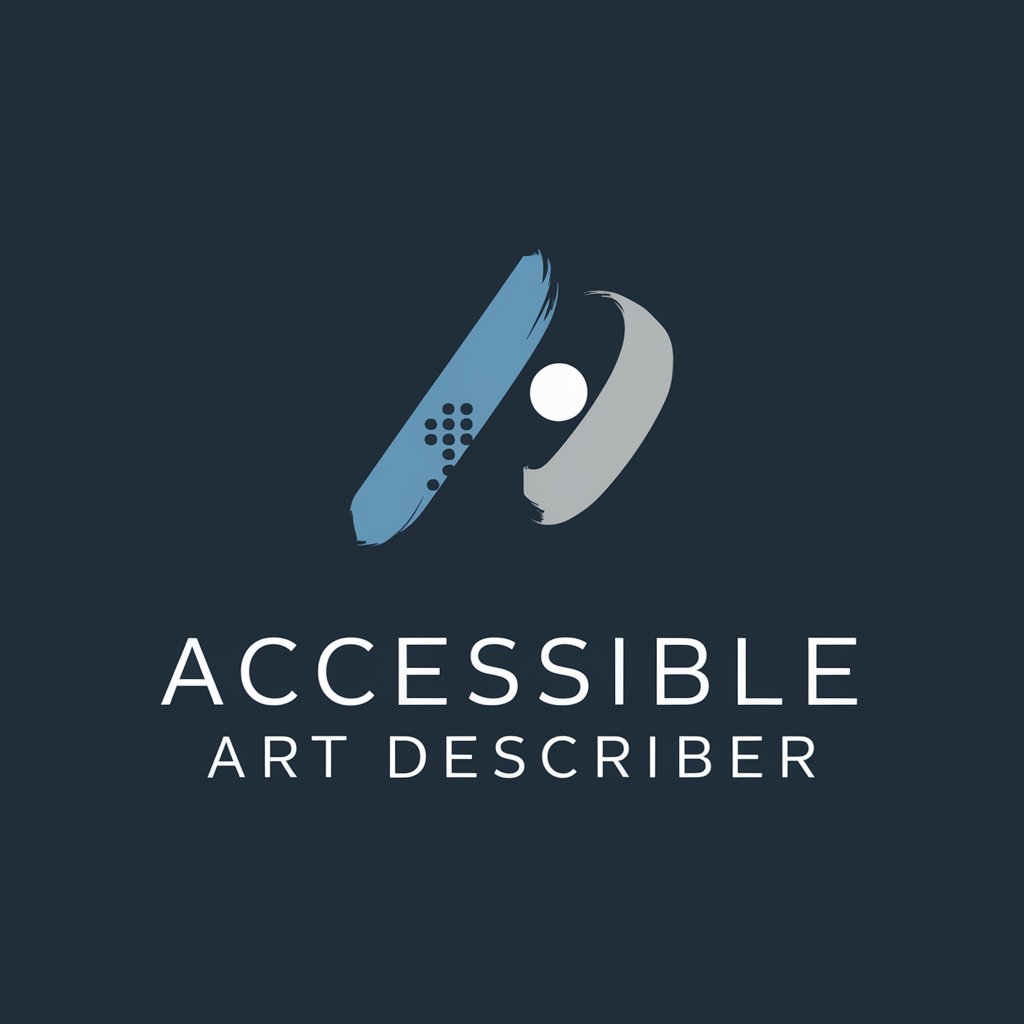
Schema Markup Generator GPT
Elevate Your SEO with AI-Driven Markup
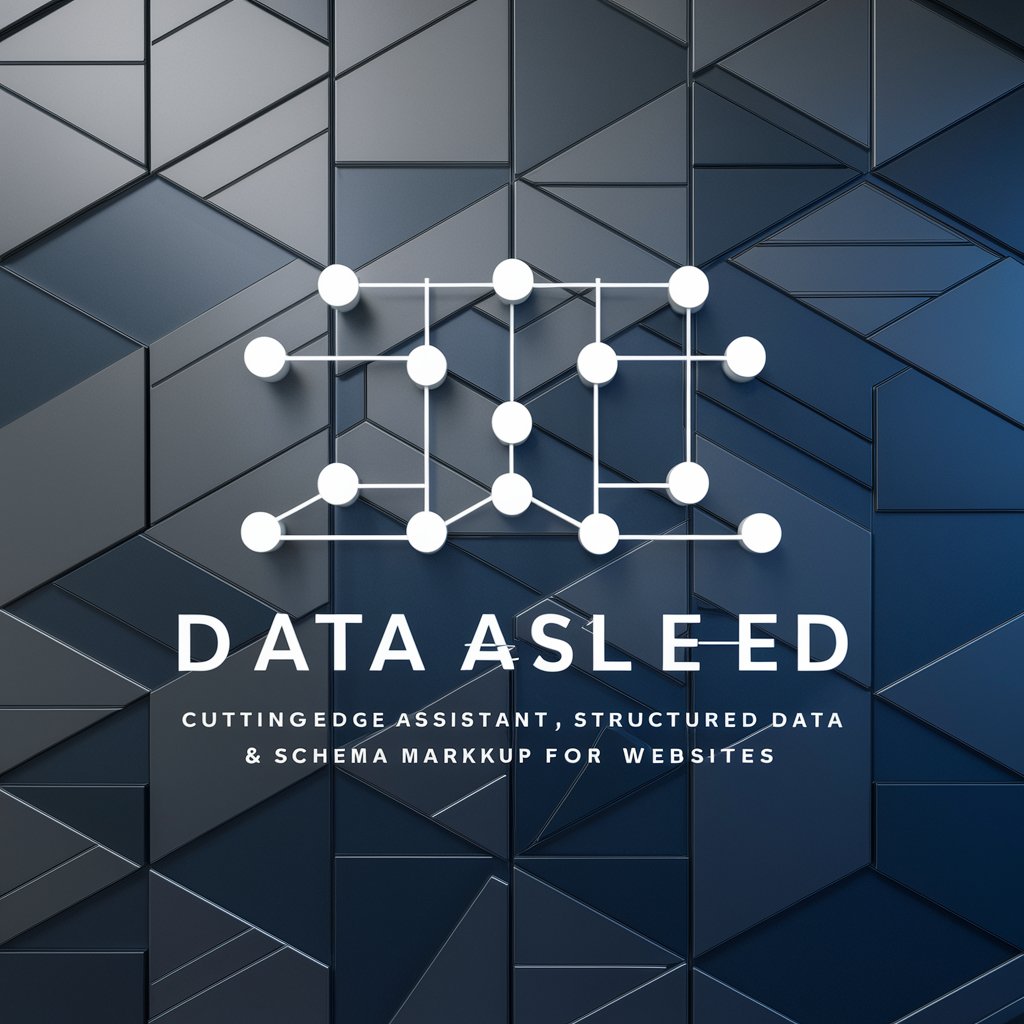
Linux 专家
Empowering Linux solutions with AI
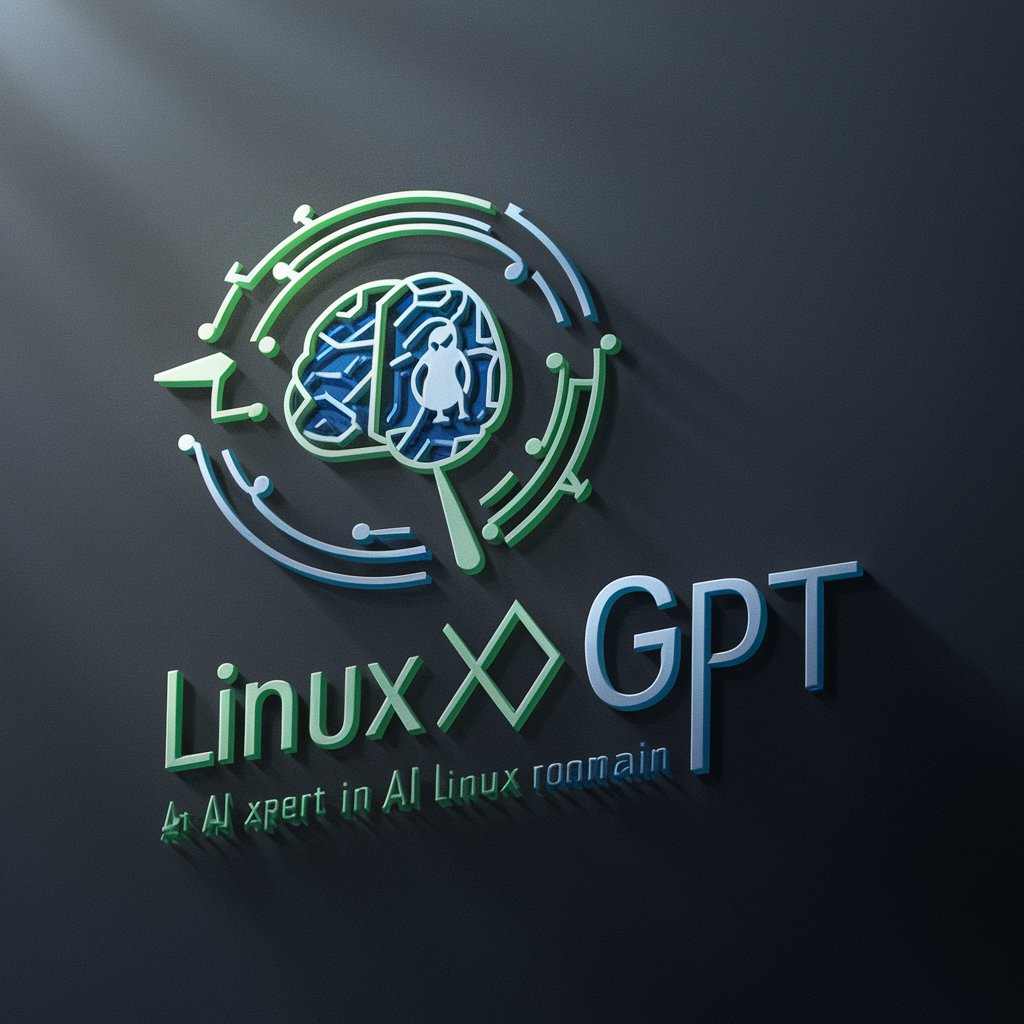
Convert Images to Tensors
Effortlessly convert images into AI-ready tensors

DesAIgner
Designing Made Easy with AI

Conversion Rate Advisor
Empowering Websites with AI Insights
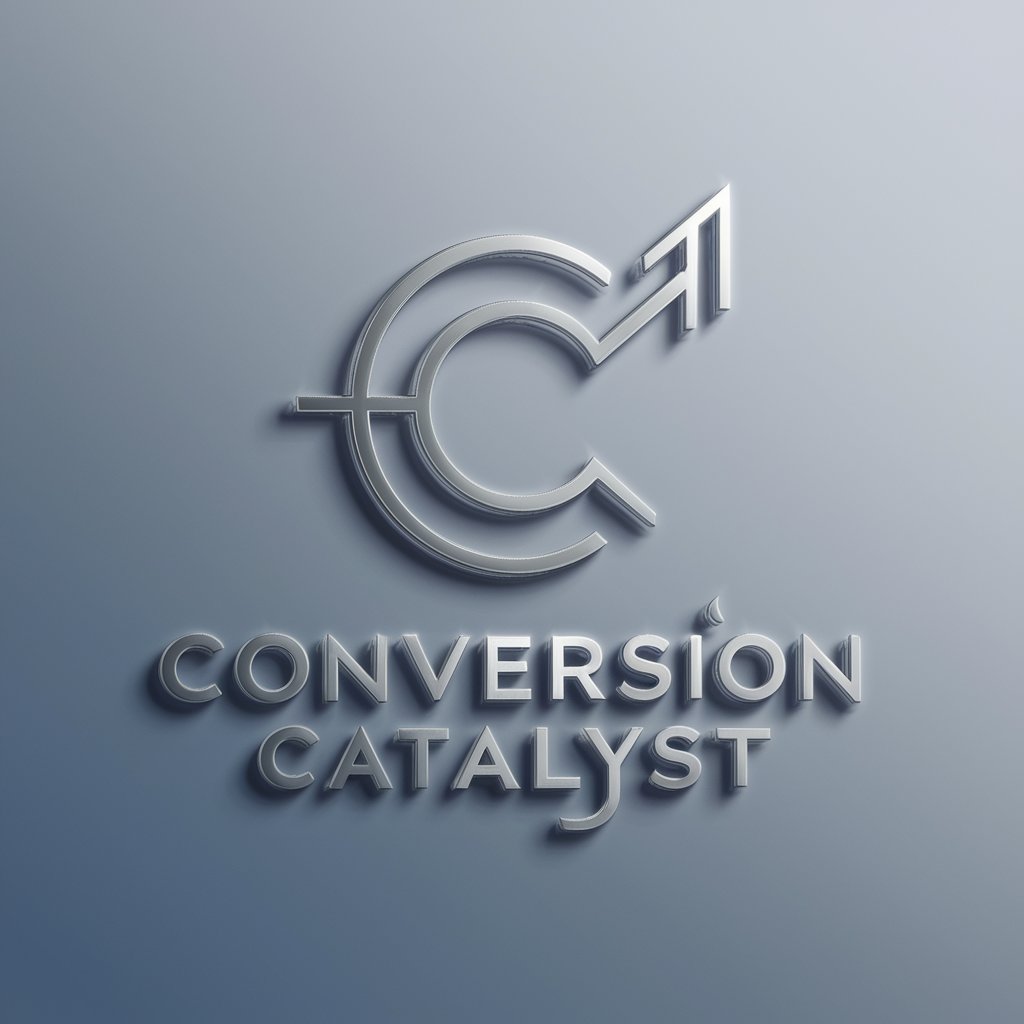
Frequently Asked Questions about LibGPT
What is LibGPT?
LibGPT is an AI-powered tool designed to assist with library science, information management, and resource optimization. It offers detailed, comprehensive answers to queries related to libraries, archival science, and information studies.
Who can benefit from using LibGPT?
Library professionals, students in library and information studies, researchers, and anyone needing assistance with library science and information management can benefit from using LibGPT.
How does LibGPT differ from other AI tools?
LibGPT specializes in library and information studies, providing nuanced, detailed responses tailored to the complexities of this field. It prioritizes accuracy, detail, and educational support over generic responses.
Can LibGPT help with academic research?
Yes, LibGPT can assist with academic research by offering guidance on sourcing literature, managing citations, and navigating digital archives and databases.
Is there a cost to use LibGPT?
LibGPT offers a free trial accessible through yeschat.ai without the need for login or a ChatGPT Plus subscription. Specific features or extended usage may have associated costs.
